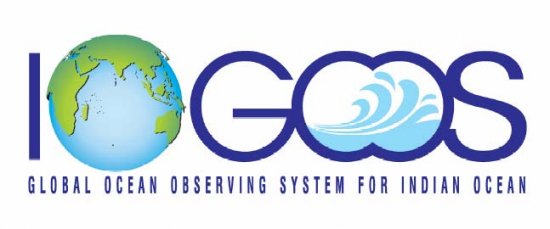ESSO - Indian National Centre for Ocean Information Services
(An Autonomous Body under the Ministry of Earth Sciences, Govt. of India)
Introduction
Chair: Tom Malone
Rapporteur: Julie Hall
Sixty people from 16 countries participated in the Workshop.
A short preparatory meeting was held to consider the objectives set for the Workshop (see section on "Conference structure and objectives", above) and decide the modus operandi. It was decided that each country represented should briefly present 2-3 phenomena that are accorded the highest priority in the country.
It was agreed that the 2-3 phenomena that are considered to be of highest priority in the region or sub-regions in terms of societal impact, feasibility and likelihood of being funded should be chosen as a basis for the development of pilot projects, for each of which, the objectives, potential products, and likely user groups would be determined, with a timetable and a process for developing each pilot project, including the identification of likely funding sources. It was also agreed to develop a plan for the establishment of a related laboratory network for data and information exchange.
The phenomena considered to be of particular interest are: changes occurring in coastal waters that have an impact on marine operations; public health and well-being; ecosystem health, and/or the sustainability of living marine resources (e.g., changes in sea state, current fields, coastal flooding and erosion, increases in the concentration of enteric bacteria in the marine environment, habitat modification, loss of biodiversity, coastal eutrophication, harmful algal blooms, invasions of non-native species, chemical contamination, declines in marine fisheries, and aquaculture production).
The Workshop agreed to apply, as appropriate, the six basic GOOS goals (described by Tom Malone's overview presentation, above) to all the pilot projects adopted by the Workshop.
It was decided that:
- The target phenomena addressed by each pilot project should be important to the achievement of one or more of the six agreed goals.
- on completion, each pilot project should be likely to lead to more rapid detection and/or timely prediction of changes in the phenomena of interest and to useful products for end users
- require international collaboration and exchange of data;
- have a high probability of obtaining international funding.
Several overview papers were presented to orient the discussions.
|




